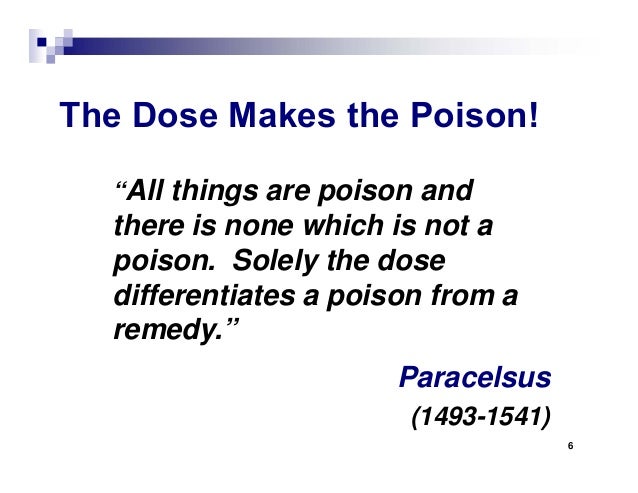recently I did a change of vaping spots.
so I moved all my electronics,right? I got to a extension cord i used for my iPad charger ,was stoned so decided to read that little label that's on the end.it read caution this cord contains lead and other chemicals know to cause cancer in the state of California please wash hands after handling!
I thought are you fucken serious? did some research seems quite a bit of power cords have trace amounts of lead and I can't find out if our vaporizers are an exception to this or how about or growing equipment I mean what is wrong with people? Lead?seriously there's no other option then a hazardous material to prevent cracking?please if anyone has any info on whether these cords are one in the same post!we need to know.
so I moved all my electronics,right? I got to a extension cord i used for my iPad charger ,was stoned so decided to read that little label that's on the end.it read caution this cord contains lead and other chemicals know to cause cancer in the state of California please wash hands after handling!
I thought are you fucken serious? did some research seems quite a bit of power cords have trace amounts of lead and I can't find out if our vaporizers are an exception to this or how about or growing equipment I mean what is wrong with people? Lead?seriously there's no other option then a hazardous material to prevent cracking?please if anyone has any info on whether these cords are one in the same post!we need to know.




 though! All bets are off if it's from an unreliable supplier.
though! All bets are off if it's from an unreliable supplier.